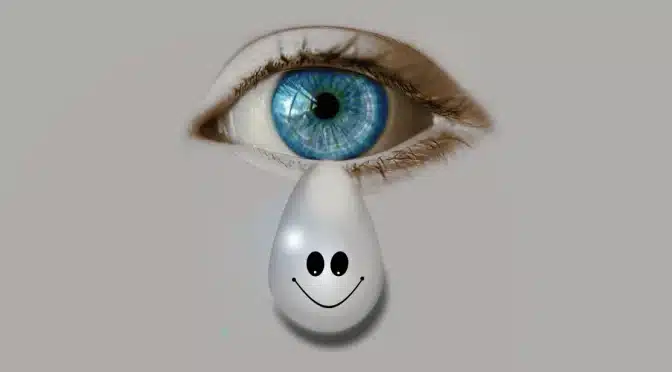The Role of a Childhood Trauma Psychologist
Childhood trauma can have a lasting impact on an individual’s mental and emotional well-being. Whether stemming from abuse, neglect, loss, or other distressing experiences, trauma in early years can shape how a person interacts with the world well into adulthood. A childhood trauma psychologist plays a crucial role in helping individuals process these experiences, develop coping mechanisms, and foster resilience.
What is Childhood Trauma?
Childhood trauma refers to any distressing or harmful event that occurs during a child’s formative years. This can include:
- Physical, emotional, or sexual abuse
- Neglect or abandonment
- Witnessing domestic violence
- Loss of a parent or loved one
- Bullying or social rejection
- Natural disasters or accidents
- Medical trauma or serious illness
Children who experience these traumatic events may struggle with trust, self-esteem, anxiety, depression, and even physical health issues later in life.
How Trauma Affects Children and Adults
Childhood trauma can manifest in various ways, including behavioral, emotional, and physiological symptoms. Some common signs include:
- Emotional dysregulation – Frequent mood swings, aggression, or withdrawal.
- Anxiety and depression – Persistent fear, sadness, or hopelessness.
- Difficulties in relationships – Struggles with trust, attachment, and interpersonal connections.
- Post-Traumatic Stress Disorder (PTSD) – Flashbacks, nightmares, or heightened alertness.
- Self-harm or risky behavior – Engaging in dangerous activities as a coping mechanism.
If left unaddressed, these symptoms can continue into adulthood, affecting work, relationships, and overall quality of life.
How a Childhood Trauma Psychologist Can Help
A childhood trauma psychologist specialises in diagnosing and treating individuals affected by early-life trauma. Through evidence-based approaches, they help patients navigate their emotions, reframe negative thought patterns, and develop healthy coping strategies.
Some common therapeutic approaches include:
- Cognitive Behavioural Therapy (CBT): Helps individuals recognise and change harmful thought patterns and behaviours.
- Trauma-Focused CBT (TF-CBT): Specifically designed for children and adolescents to process traumatic experiences.
- Eye Movement Desensitisation and Reprocessing (EMDR): Reduces the distress associated with traumatic memories through guided eye movements.
- Play Therapy: Utilises creative expression to help children communicate and process their emotions.
- Attachment-Based Therapy: Focuses on building secure and healthy relationships to repair trust and emotional bonds.
Finding the Right Childhood Trauma Psychologist
If you or someone you know is struggling with the effects of childhood trauma, seeking professional help is essential. A qualified childhood trauma psychologist will:
- Offer a safe and supportive space for healing.
- Tailor therapy approaches to meet individual needs.
- Provide tools and resources to foster resilience and emotional well-being.
- Work with families to create a nurturing and understanding environment.
The Three Seas Psychology Supporting Trauma Recovery
If you’re seeking support for yourself or a loved one, contact The Three Seas Psychology today to schedule a consultation. Healing from childhood trauma is possible with the right guidance and support.


